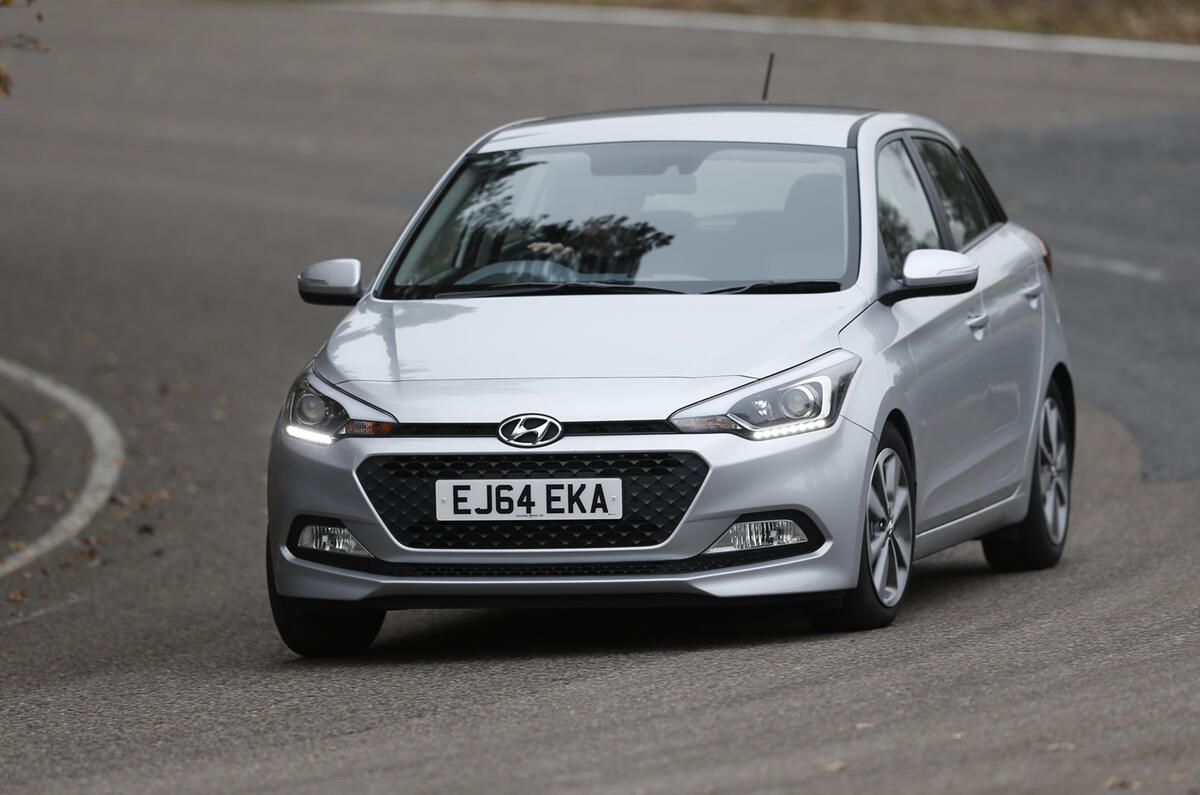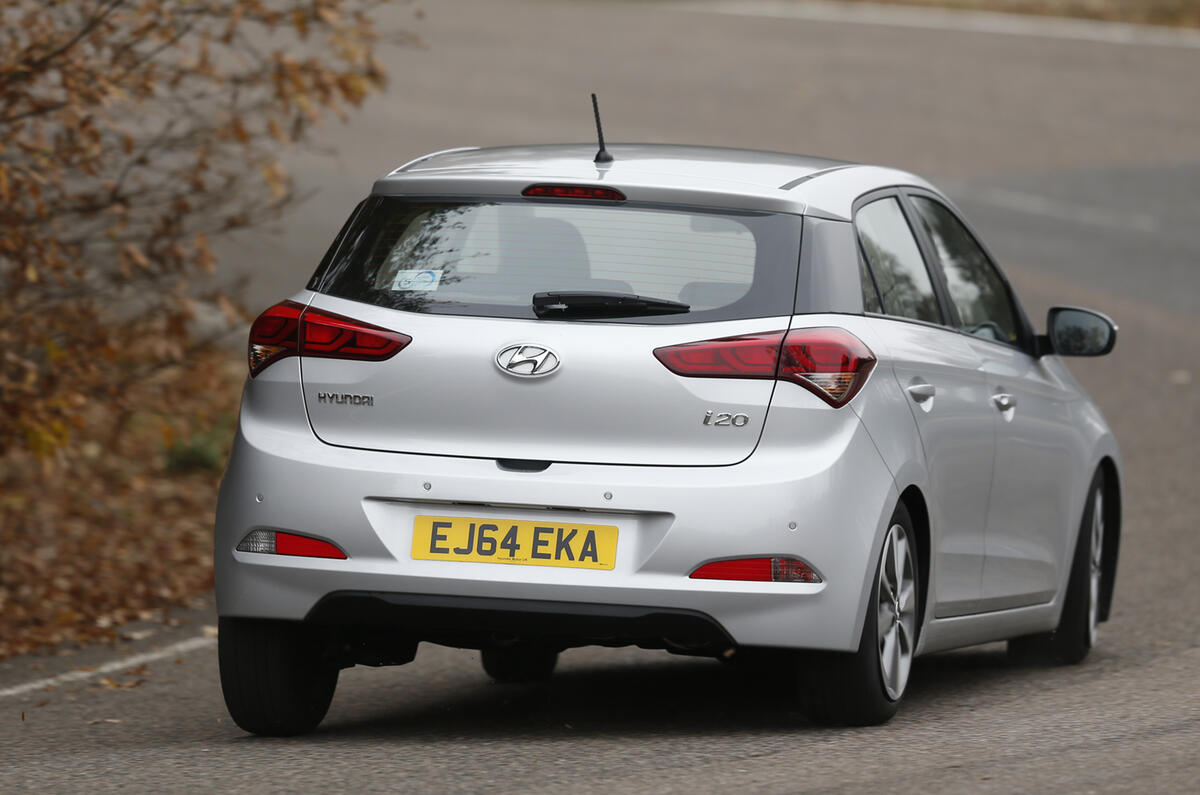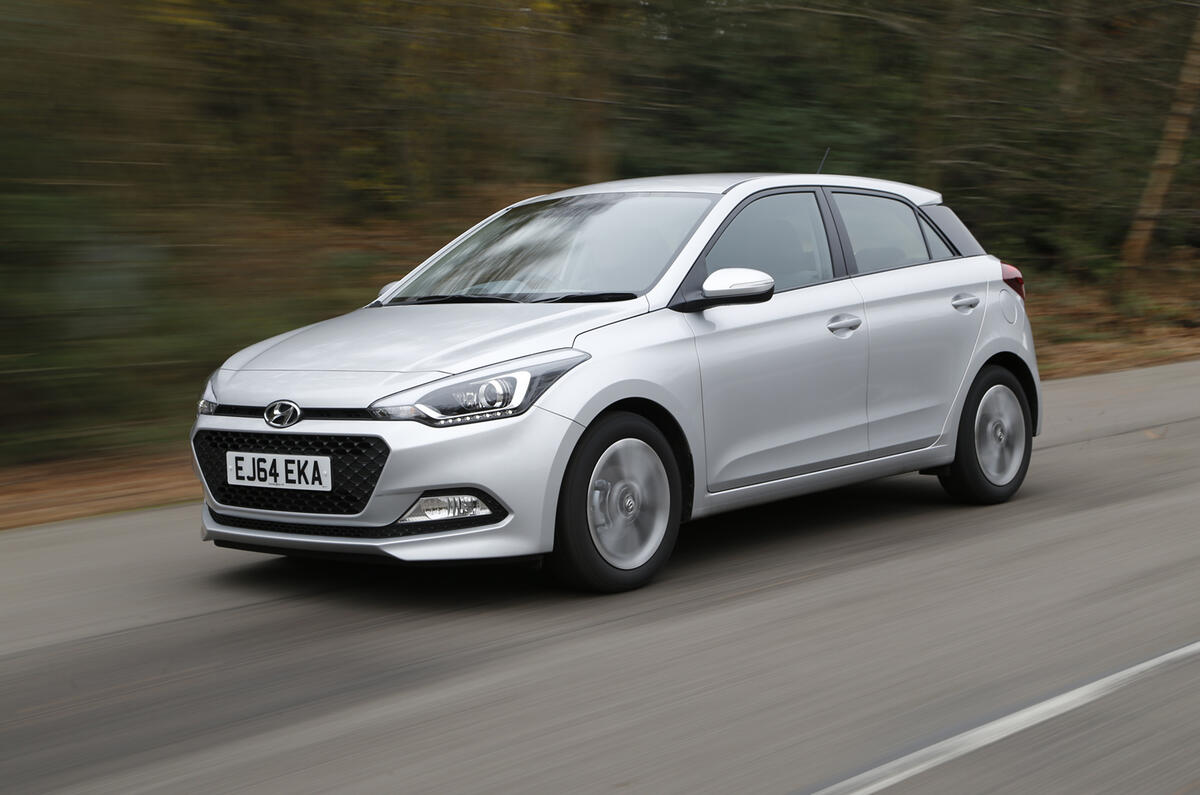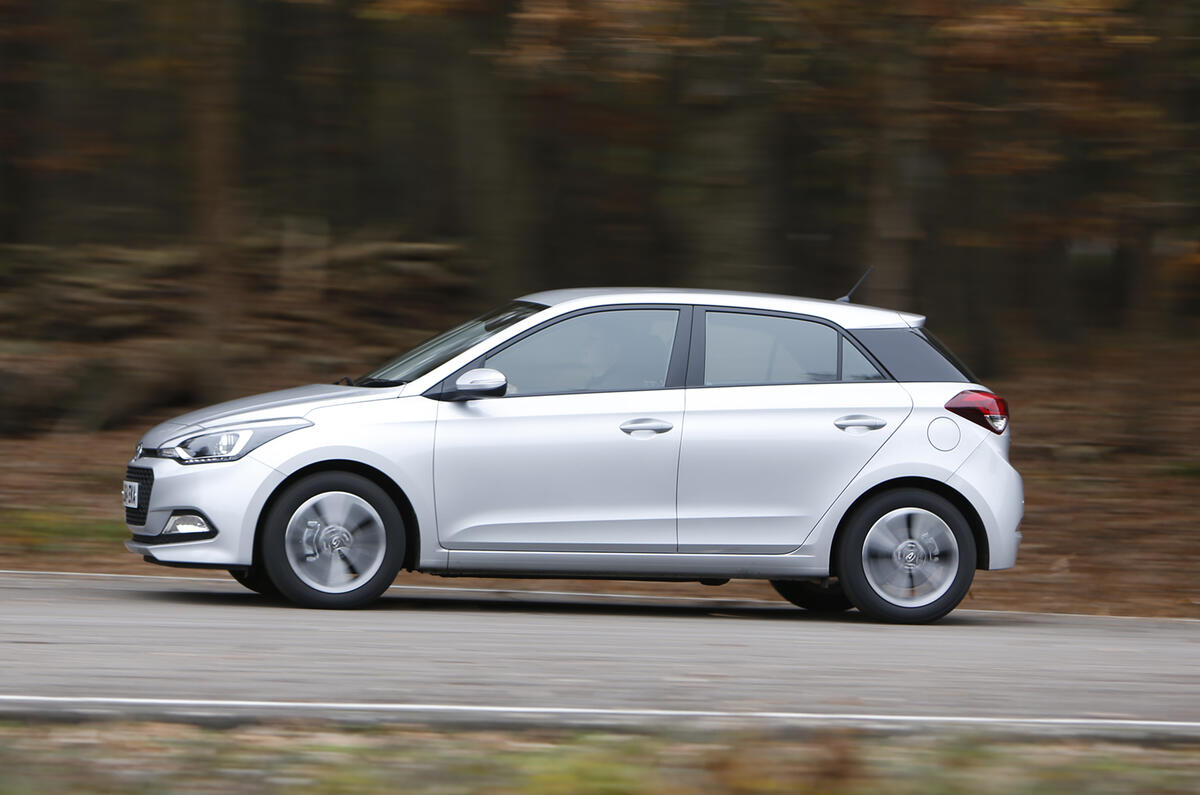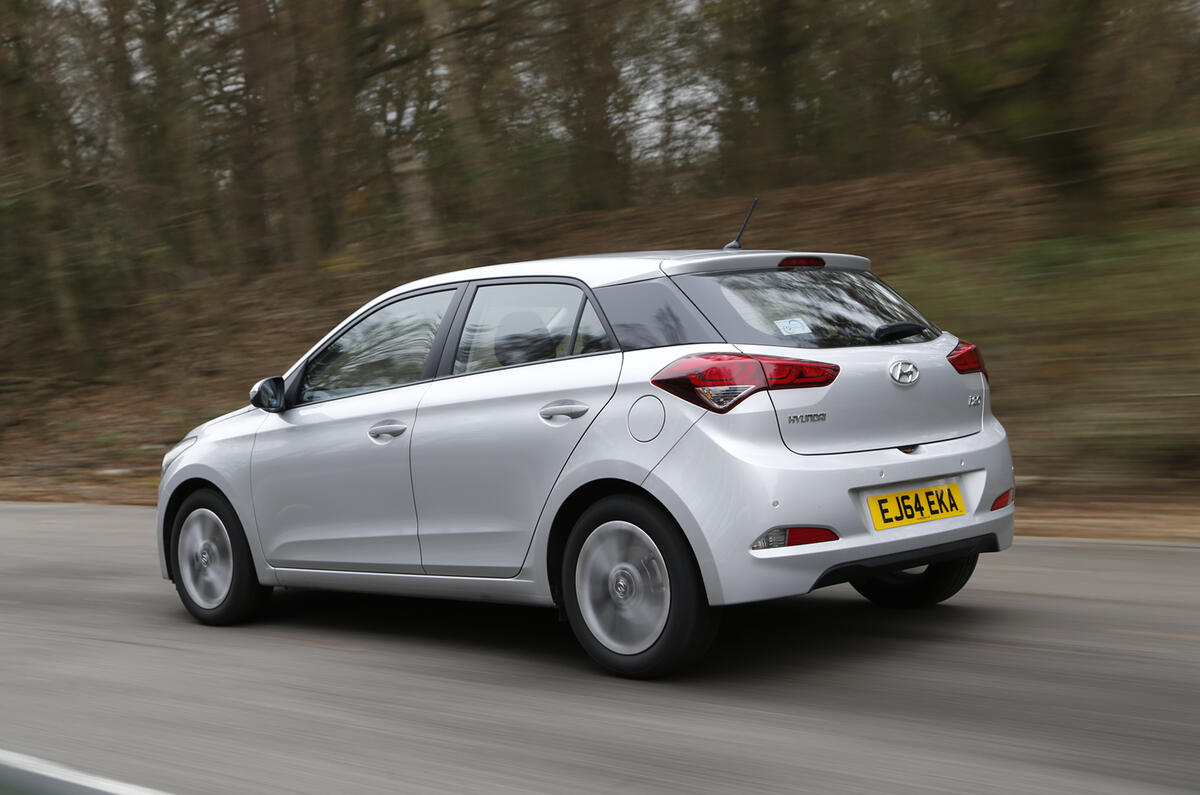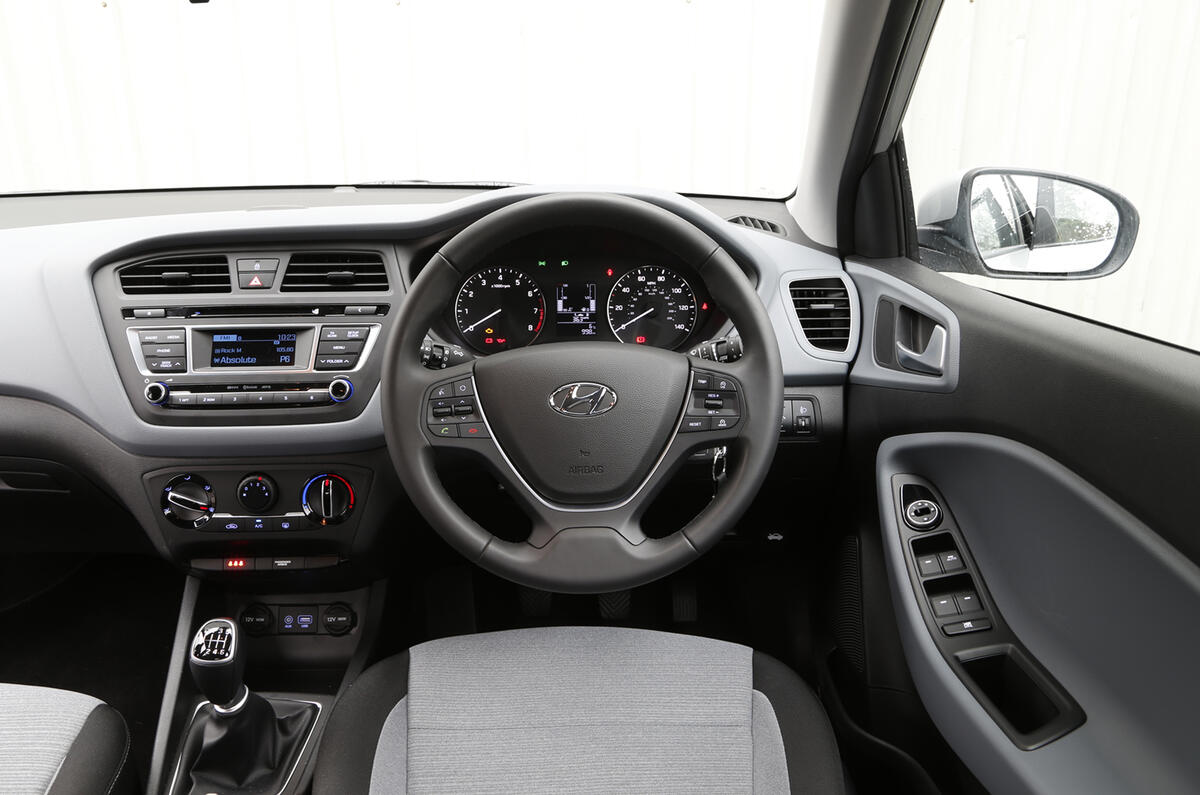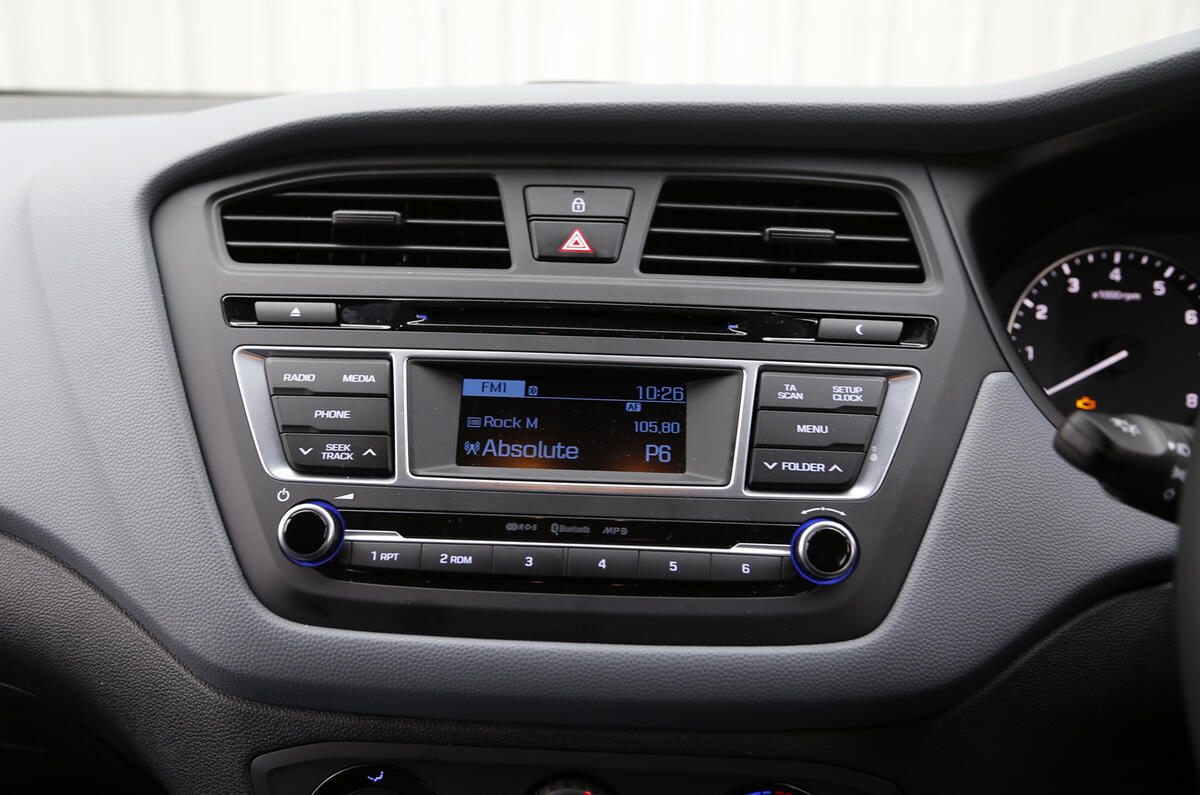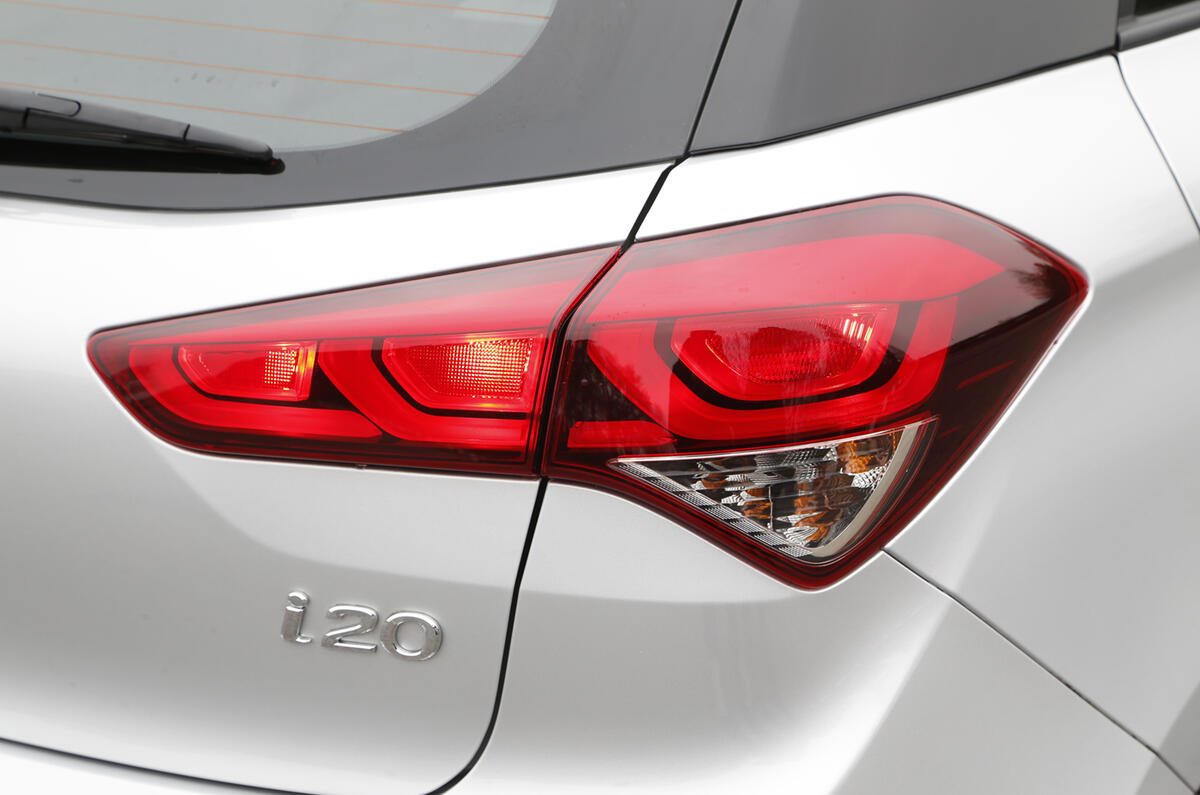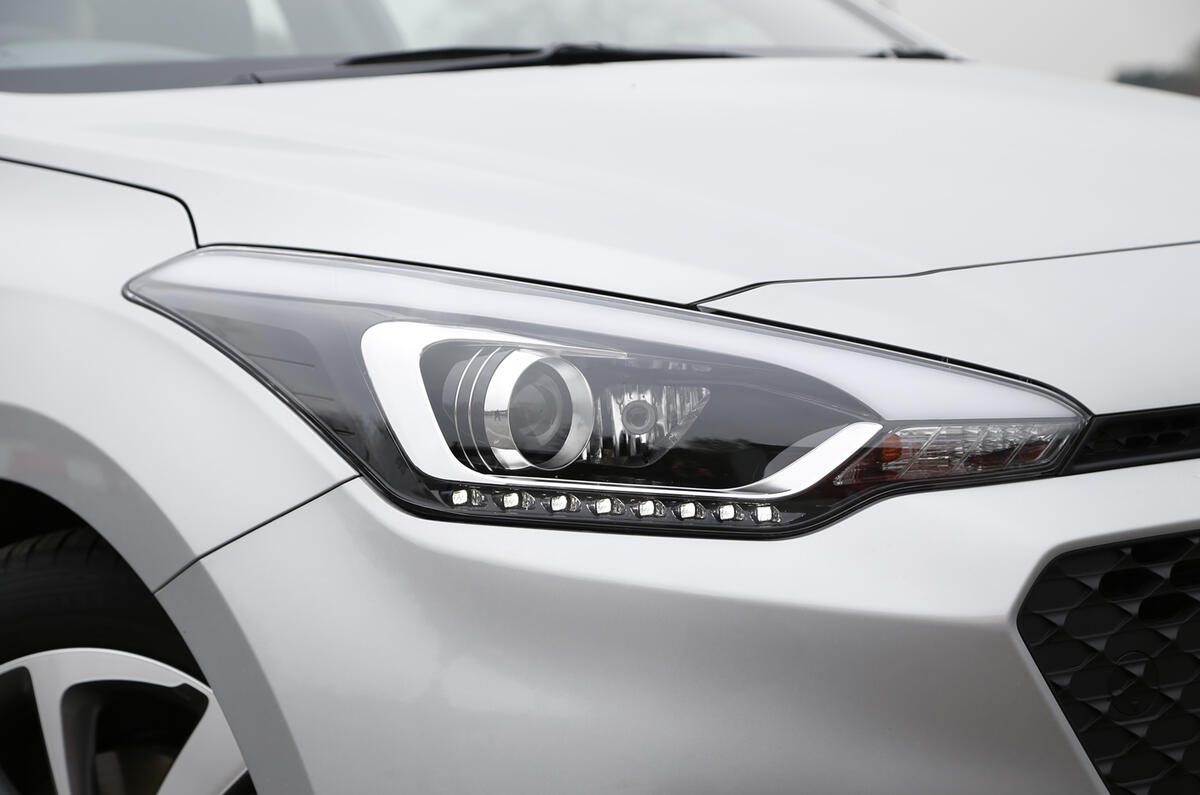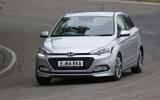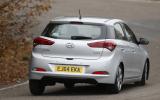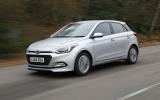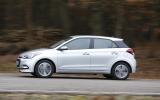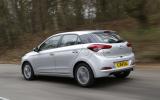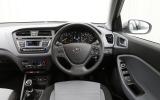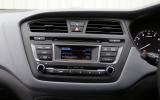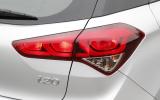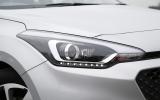The Hyundai Hyundai i20 seems to be the unsung hero of Hyundai’s hatchback line-up.
While the original Hyundai i10 was the face of the scrappage scheme, and the Hyundai i30 marked the brand’s first major step towards taking on the might of the Volkswagen group, the i20 has so far passed by relatively unnoticed despite strong sales of the previous i20 since 2008 – until now that is.
Hyundai i20's assault on the supermini hierachy
With this model, Hyundai’s major assault on the supermini class really begins. Dominated by and continues to be by the Ford Fiesta and now by the new class leader - the more mature Seat Ibiza, the latest i20 now has to go toe-to-toe with not just them, but also the Skoda Fabia, the revitalised Nissan Micra and the funky Mini 3dr hatch - that is without contemplating the next gen Volkswagen Polo entering the fray at the end of 2017.
To broaden the supermini Hyundai's appeal, it is now available in three bodystyles - the conventional Hyundai i20 5dr hatch, a three door Hyundai i20 coupé and a rugged-looking, crossover-esque shape dubbed the Hyundai i20 Active. As for engines, there are only five petrol options for buyers to muse over, with the diesels being dropped altogether from the i20 line-up. At the entry point of the range is a pair of 1.2 naturally aspirated petrol engines producing 74bhp and 83bhp respectively, followed by a 99bhp 1.4 petrol fitted curiously only with a four-speed automatic gearbox. Topping the range a pair of 1.0-litre turbocharged units, which seem to be the current vogue in small cars, producing 99bhp and 118bhp respectively. The lower powered unit 1.0 T-GDi is the only engine you can have with the rugged i20 Active.


